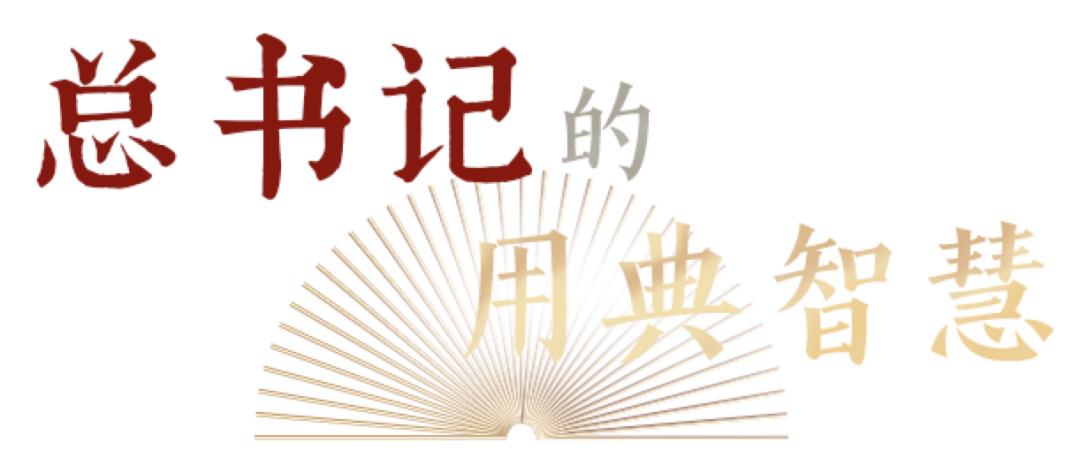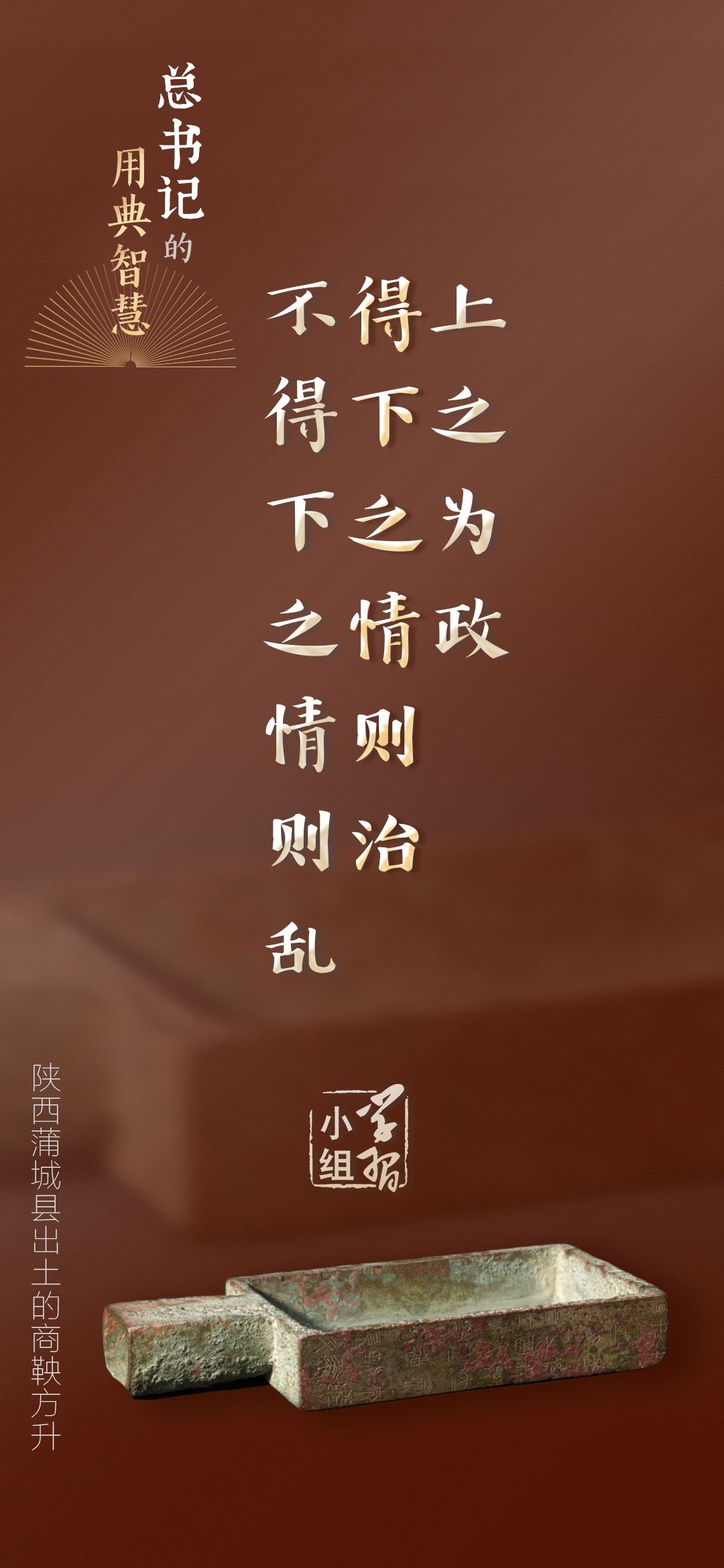If you are in charge of politics, you will be governed by affection, but if you are not in love, you will be in chaos | General Secretary’s wisdom of allusion ④.

"If you are in politics, you will be governed by the feelings of the next, and if you can’t, you will be chaotic." An important aspect of keeping close contact with the masses is the trend of investigation and research in Daxing.
— — Speech by the Supreme Leader at the Party Building Work Conference of Central and State Organs (July 9, 2019)
"When you are in power, you will be governed by the emotions, but if you are not in power, you will be in chaos." The language Mozi Shang Tong means that politicians should fully grasp the emotions and public opinion before they can manage the society well, otherwise it will easily lead to chaos. To understand the next situation, we must sink down to the people in a down-to-earth manner.
In the Ming Dynasty, there was an official named Zhou Chen who liked to "go into the fields, talk to the villagers and ask about their sufferings". One night, Zhou Chen passed by a village and saw villagers enjoying the cool under the tree, so he took the initiative to talk. It was not until the subordinates found it that the villagers knew that the person in front of them was actually the governor of Jiangnan. In this way, "every time I sit in one place, I am afraid that it will not be exhausted." Zhou Chen learned a lot of local facts through face-to-face conversations with the people.
Later, Zhou Chen founded the "square meter law" and reduced the rent of grain from official land, which reduced the burden on the people and solved the problem of tax arrears. He insisted on consulting the people, and many reform strategies came from research. People commented: "Every time Zhou Wenxiang made a revolution, he would oppose reconsideration with officials and scholars. For example, if you elaborate a method, you will call Dongmen huangpo into the platform and often leave a message until midnight. "
"The feeling of winning" can not only know "the hardship of farming" and "the hardship of spinning performance", but also serve as an important basis for scientific decision-making. Historically, Shang Yang’s "a strong country knows thirteen numbers" and the two tax laws of the Tang Dynasty were all strategies for governing the country after in-depth investigation.
Wang Zhiwang, an official in the Southern Song Dynasty, was the first person who conducted a large-scale public opinion survey in ancient China and revised the national tax policy on this basis. At that time, in view of the uneven land tax and chaotic taxation, the Southern Song government decided to clear the land and rectify the taxation, and introduced the "Economic Boundary Law", but there were great differences among the people. Wang Zhiwang realized that "the matter is the most important, the opinions are different, the interests are suspicious, and I dare not judge by partiality." So, he began to make a comprehensive survey.
Wang Zhiwang asked his subordinates to go door-to-door to see how many people supported the old tax law and how many supported the new tax law, and then summarized and analyzed them. This time, a total of 9 States, more than 30 counties and more than 330,000 households were involved, and the amount of work was huge.
According to the investigation results, Wang Zhiwang revised the tax reform plan and submitted "On the Management of Tongchuan Road" to the court. In the memorial, he emphasized the different opinions of the people in different States on the "Jing Jie Law": "There are many people in the four States of Huai An Army in Changrong, and there are few people in Fushun Supervision in Suining, Tongchuan." This solid memorial provided a reliable basis for the improvement of the imperial policy.

Paying attention to observing people’s feelings and advocating investigation and research are important contents of China’s traditional political culture. In the Western Zhou Dynasty, poetry collectors went to various places to "observe customs and know gains and losses". Some people said that the Book of Songs was an ancient investigation report. Guan Zi Wen puts forward dozens of questions to be asked, which is considered as "the oldest and most comprehensive outline of social investigation". All dynasties have established various patrol systems, which play an important role in reaching the next level.
Compared with ancient times, today’s means of transportation and communication are more and more developed, and there are more and more channels to obtain information, but the convenience of technology also brings some problems. For example, some cadres would rather sit in the office and read all kinds of data and collect research reports on the Internet than go to the grass-roots level to dip their legs in mud and stand in the field to chat with the people. This kind of "paper" research can’t get the real situation at all, so how can we formulate policies on this basis?
Liu Xiang said in Shuo Yuan Zheng Li in the Western Han Dynasty: "What you hear is not as good as what you see, what you see is not as good as what you practice, and what you practice is not as good as what you distinguish by hand." In order to grasp the truth, leading cadres must carry out hands-on investigation and study, and go to the front line to see, listen, ask and think by themselves. This is a working method and an official style.
Wen/Zhiqiu
Editor/Zhong Qi
Dubbing/Jing Xuan
Audio Clip/An Xian
Poster design/chess
Source/People’s Daily, Beijing Daily, etc.